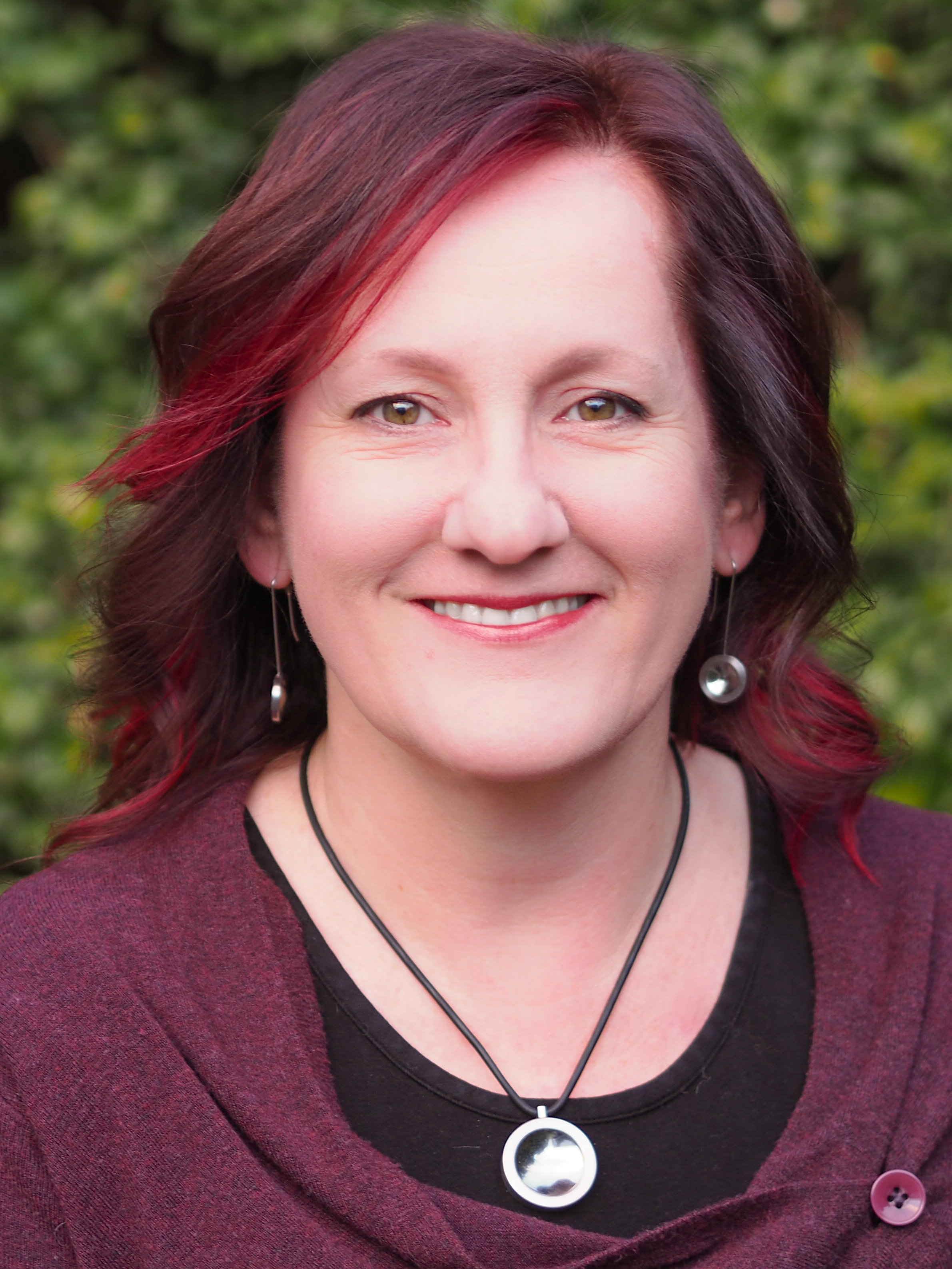Saleema Amershi
- Organization
-
Microsoft Research
- About:
-

Saleema Amershi is a Senior Principal Research Manager at Microsoft Research where she leads the Human-AI eXperiences (HAX) team, building tools for creating responsible AI experiences. She also currently co-chairs Microsoft’s Aether Working Group on Human-AI Interaction and Collaboration. Aether is Microsoft’s advisory committee on responsible and ethical AI.
Saleema holds a PhD in Computer Science & Engineering from the Paul G. Allen School of Computer Science & Engineering at the University of Washington. Prior to UW, she completed a MSc in Computer Science and a BSc in Computer Science & Mathematics at the University of British Columbia.
- Website
- www.microsoft.com/samershi
- @SaleemaAmershi
- Keynote Title
- Challenges and Opportunities in Responsible AI
- Keynote Abstract
-
The tech industry is facing tremendous societal and increasing legal pressure to ensure our AI technologies are responsibly developed and deployed. Yet many organizations that create AI technologies report being unprepared to address AI risks and failures.
In this talk, I will argue for why a human-centered approach is needed to meet these challenges. Specifically, I will define human-centered AI both in terms of ensuring that what we build benefits people and society and that how we build it begins and ends with people in mind. I will then describe what is needed to operationalize this definition including the cultural shift needed to move the industry from its deep-rooted focus on model performance to thinking about AI systems holistically and in context, and the tooling advances needed to empower practitioners to contend with AI's probabilistic and adaptive capabilities. Finally, I will draw connections between pressing challenges in responsible AI to familiar problems in search and information retrieval and highlight opportunities to share learnings across these fields and help drive the industry towards more human-centered practices.
Lisa Given
- Organization
-
Swinburne University of Technology in Melbourne, Australia
- About:
-

Lisa M. Given, PhD, is Professor of Information Science, Centre for Design Innovation, at Swinburne University of Technology (Melbourne). Lisa’s research is interdisciplinary, with a focus on qualitative and mixed methods, and explores people’s information behaviours and experiences of technology. Lisa is a former President of the Association for Information Science and Technology (ASIST) and has served on the College of Experts of the Australian Research Council (ARC). Lisa holds numerous grants funded by the ARC, the Canadian Institutes for Health Research, the Social Sciences and Humanities Research Council of Canada, among others. She is co-author of Looking for Information: A Survey of Research on Information Seeking, Needs and Behavior (2016), author of 100 Questions (and Answers) about Qualitative Research (2016) and is Editor-in-Chief of the Annual Review of Information Science and Technology (ARIST).
- Website
- www.lisagiven.com
- @lisagiven
- Keynote Title
- Embracing the Human in HCI: Co-design, Collaboration, and Culture Change
- Keynote Abstract
-
Despite the increasing convergence of creative practices across communication design, information science, architecture, computing science and other disciplines, coherent approaches to embedding human experience in design remain elusive. Information behaviour scholars are increasingly exploring information creation processes; however, these studies tend to focus on individuals’ processes rather than end-to-end creative practices. System designers increasingly rely on user experience testing to inform design; yet many strategies remain fixed on experimental practices that marginalise people’s perceptions and needs. Qualitative, holistic explorations of human experience, particularly those that position technology use as interwoven with social and physical ecosystems, are underutilised in systems design. Overcoming system design challenges requires both methodological and cultural shifts in research and design practices, across disciplines. This presentation will explore how embracing interdisciplinary, collaborative co-design practices ensures that computing, information, and design disciplines draw on each other’s strengths to develop systems that fully support people’s technological needs and expectations.
Ingmar Weber
- Organization
-
Qatar Computing Research Institute
- About:
-

Ingmar Weber is the Research Director for Social Computing at the Qatar Computing Research Institute (QCRI). His interdisciplinary research looks at what online user-generated data can tell us about the offline world and society at large. Working closely with sociologists and demographers he has pioneered the use of online advertising data for complementing official statistics on international migration, digital gender gaps, and poverty. His work is regularly featured in UN reports, and analyses performed by his team have been used to improve operations by UN agencies and NGOs ranging from Colombia to the Philippines. Prior to joining QCRI, Ingmar was a researcher at Yahoo Research Barcelona. As an undergraduate he studied mathematics at the University of Cambridge before pursuing a PhD at the Max-Planck Institute for Computer Science. He is an ACM Distinguished Member.
- Website
- ingmarweber.de
- @ingmarweber
- Keynote Title
- Built for Profit, Repurposed for Research: Using Advertising APIs to Collect Social Media Data
- Keynote Abstract
-
Facebook is by far the biggest global social network with 2.9 billion monthly active users, and 1.9 billion users connecting daily. Given the wealth of information that users share with the platform, as well as its importance for both politics and small business, researchers have long sought ways to collect and analyze data from the platform. Unfortunately, Facebook has made it more and more difficult for researchers to access its data, leading many researchers to either rely on web scraping or recruiting a small number of volunteers to share their data. In this talk, I'll present a kind of data access that can complement such efforts by providing anonymous and aggregate access to data for virtually all Facebook users, including those with non-public profiles. Concretely, Facebook provides advertising with so-called "audience estimates" on how many of its users match certain targeting criteria. For example, Facebook estimates that there are 1800 female users living in Norte de Santander in Colombia who are aged 18-24, but who used to live in Venezuela, and who have access to an iOS device. These estimates are provided through easy-to-use APIs and are typically used for budget planning of advertising campaigns. However, they can be repurposed for remote social sensing and the mapping of different populations. In our work, we work closely with international stakeholders to use such data to monitor international migration, map poverty, and track digital gender gaps. I'll present details about these projects, as well as both opportunities and challenges related to the use of audience estimates for research. While the focus of the presentation will be on Facebook, we have applied the same methodological approach to Instagram, Snapchat, Twitter, LinkedIn, Google, and Weibo. This shows the viability, independent of Facebook, for such data to complement existing collection approaches.







